Home »
Misc »
How to make the basketball tryouts
How to make the basketball tryouts
11 Tips for Basketball Tryouts (How to Stand Out and Get Selected)
The first day of basketball tryouts can be a nerve-wracking experience for players.
No matter how long you've been playing or how many tryouts you've attended, everyone gets those little butterflies in their stomach before walking into the gym.
Today, I'll try to calm your nerves a bit...
Below I've listed several things you can do to prepare for basketball tryouts.
Whether you’re a freshman trying to make your high school team, a youth player attempting to earn a spot on a travel team, or an athlete hoping to make an impression on an AAU coach...
The 11 tryout tips below can help you.
11 Basketball Tryouts Tips:1. Arrive in Fantastic ShapePossibly the single best thing you can do to improve your odds of getting selected is making sure your body is in good condition BEFORE tryouts begin.![]()
Basketball tryouts always involve A LOT of running or transition play.
Some coaches even seek to find out which players can fight through fatigue.
You want to be able to focus on playing your best, not simply surviving the tryout.
If you arrive in peak shape, you'll have a big advantage over many of your peers.
2. Trust Your PreparationIt’s easy to feel nervous due to the stress of the tryout.
Try to fight off these nerves by trusting yourself and the work you have already done!
Preparation equals confidence.
Think about it…
If you have spent countless hours developing your shot, improving your ball handling, studying the game, and practicing against good competition, why wouldn’t you feel confident?
You deserve to make the team!
All you have to do is go out and prove it.
3. Arrive Early and Get to WorkIn many areas of life, it’s possible to make a good impression by simply showing up early.
(this is one of the many life lessons basketball will teach)
If your tryout is right after school, get ready quickly and get out to the court.
If your tryout is in the evening, ask your parents to can get you there well ahead of the start time.
While this probably won’t be the make or break factor on who makes the team, it gives you a chance to show the coaches you’re serious about making the team.
If you don’t already know the coach, make a point to introduce yourself to him or her.
When you take the court, begin working on your game immediately.
Coaches don’t want to see players messing around and shooting half court shots before practice.
Begin with form shooting or completing a ball-handling routine.
4. Your Body Language Is ImportantThis is an aspect of the game that players often overlook.
Coaches place a huge premium on body language.
Understand that you're communicating your attitude not only with your words, but also with your eyes, reactions, and facial expressions.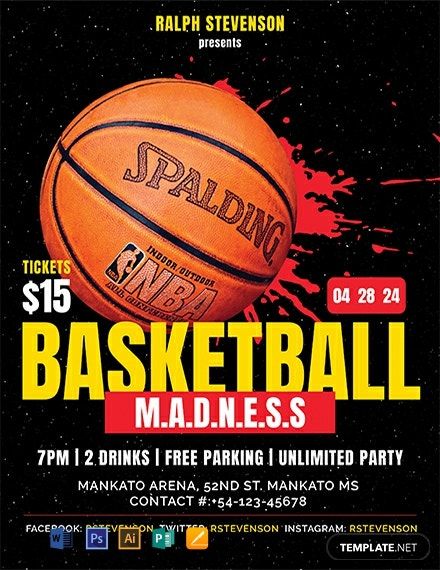
Be sure to make eye contact and nod your head to show understanding.
Don’t pout or stop playing if you miss a shot or think you get fouled.
Your coaches WILL constantly be assessing these things.
If they think you're inattentive or easily rattled / frustrated, it will hurt your chances.
5. Be the Loudest Player in the GymCommunication is huge!
There are several ways to help your team, as well as your own chances of making the final roster, by focusing on communicating well.
First, the defensive end of the floor is a great place to constantly talk.
Does your coach give you specific verbals to use?
Maybe he or she wants you to communicate “BALL,” “GAP,” “DENY” or some other defensive phrases.
If your coach doesn’t specify, simply call out what you are doing throughout each defensive possession:
- “I got your help!”
- “I’ve got the ball!”
- “Force him left!”
A talking defender is usually an engaged defender.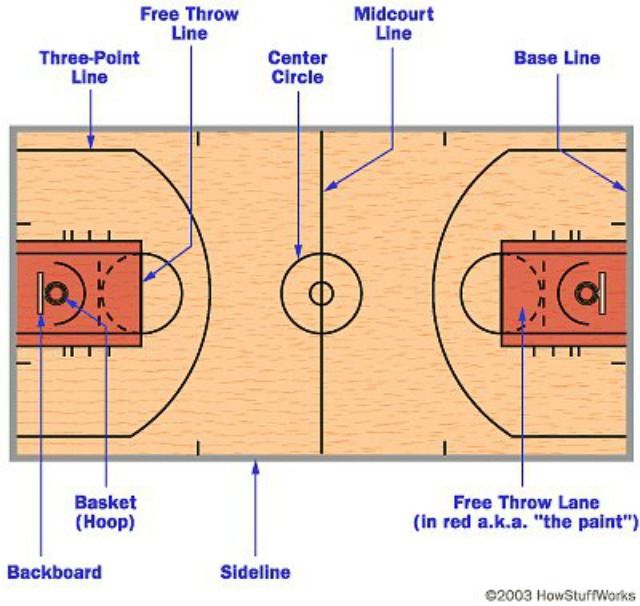
Just as important, you can elevate the environment of the practice by offering reminders and encouragement to your teammates.
Basketball tryouts do pit players against one another as everyone is fighting to make the team...
But coaches want to keep players who are great teammates!
A player who is constantly encouraging those around her will have an advantage over someone who keeps to herself.
Make sure your coaches and teammates hear you!
Finally, you may be asked to learn some new plays, drills, or concepts during the tryout period.
If you don’t understand something, be sure to ask a coach.
This is important for two reasons:
(1) Asking a question to gain clarification is certainly better than messing up the drill.
(2) Asking questions show that you are engaged and that you want to learn more.
6. Get “Teammate Touches”This is another form of communication.
Show support for your teammates by high-fiving and fist bumping as much as possible.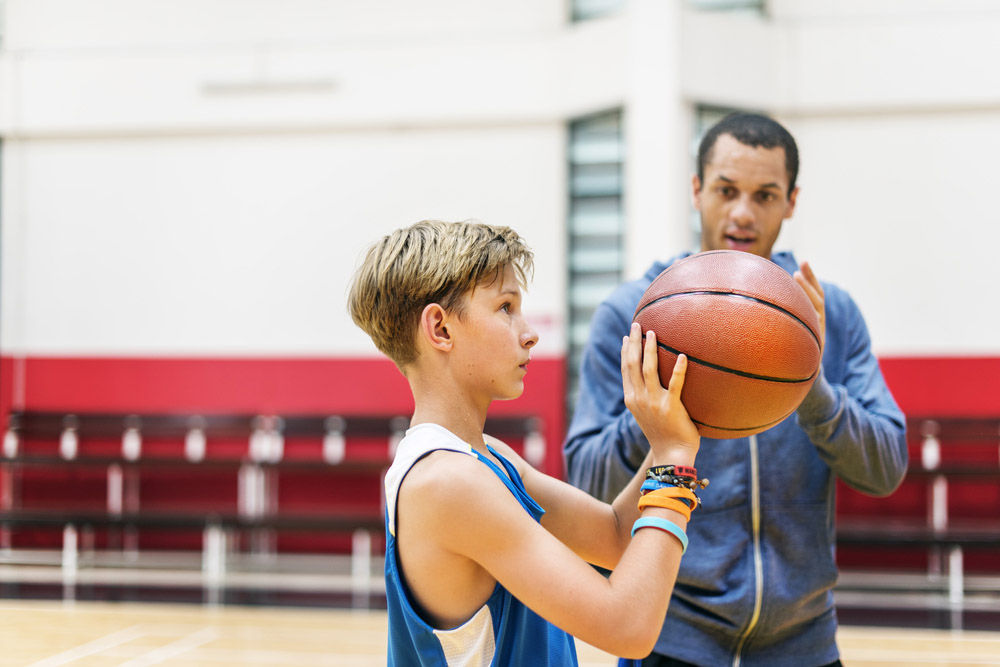
This is a simple way to show leadership and to enhance the practice environment.
Get touches when running to the end of a line or after a teammate makes a good play.
Challenge yourself to get one touch and to make two comments of encouragement each minute of your basketball tryouts (when a coach isn’t talking, of course).
7. Focus on the “Little Things”Boston Celtics head coach Brad Stevens once said:
“When considering the consequences of not doing the little things, you realize there are no little things.”
Coaches understand this, and smart players do as well.
Coaches want players on their team they can trust to do everything possible to help the team win.
Of course you can help yourself in tryouts by knocking down shots…
But everyone has the occasional poor shooting day.
So make sure you aren’t relying on having a good shooting day by finding other ways to make a great impression on the coaches.
- Take a charge
- Communicate loud
- Dive on a loose ball
- Listen with your eyes
- Battle hard for rebounds
8. Play to Your StrengthsThis tip is crucial.
As a player, you must realize what you do AND do not do well.
All players will have strengths and weaknesses.
You’ll make the best impression on the coaches by focusing on what you do well.
For example:
If you’re not a great shooter, it doesn’t make sense to throw up a wild shot every time you touch the ball in hopes of draining a three-pointer.
That’s likely not the best way to show the coaching staff how you will help their team.
On the other hand…
If you excel at rebounding, challenge yourself to be the BEST rebounder in the gym.
(Who would possibly cut the best rebounder on the team?)
Or maybe you’re a quick and savvy defensive player...
Make an effort to pressure your opponent full court and disrupt your man every time he or she has the ball.
By the end of basketball tryouts, make sure the coaches know exactly what you do well.
You’ll have time to improve your areas of weakness throughout the season.
9. Sprint the Floor on Every PossessionTransition is a tremendously important part of the game.
Players who sprint in offensive transition can accumulate easy baskets. And players who run hard in defensive transition can wipe out easy opportunities for the opponent.
Both are crucial to winning games, and both can make an impression on your coaches.
Doing this well comes down to a few factors.
The first goes back to tip number one…
Be in shape!
Next, try to develop a mindset of running hard.
You don’t have to be the quickest player in the gym to run hard.
Players who can read the play and take off immediately in transition have a huge advantage over those who “ball watch”.
Coaches often talk about the importance of the first three steps in the transition game.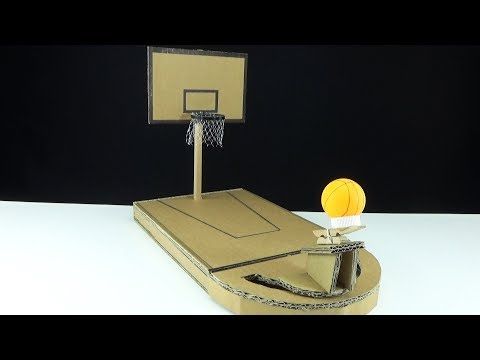
When your team gets a defensive rebound, take off!
If your opponent rebounds the ball, sprint back and be ready to make a play!
Your coaches will notice.
10. Details, Details, DetailsBasketball coaches are inherently detail-oriented.
If a play calls for a player in the corner, they want him all the way in the corner.
If a screen is supposed to be set on the elbow, that’s where it needs to be.
Be sure to listen and do your best to execute the nuances of the game.
You can also show your attention to detail in how you execute the fundamentals.
For example:
Many coaches include a brief form shooting segment in their practice plans.
Don’t simply flip up the ball...
Get your feet set, snap your wrist, and hold your follow through!
Executing these details show that you are focused and trying to do your best.
11. Compete Your Butt OffYour team’s basketball tryout is a competition.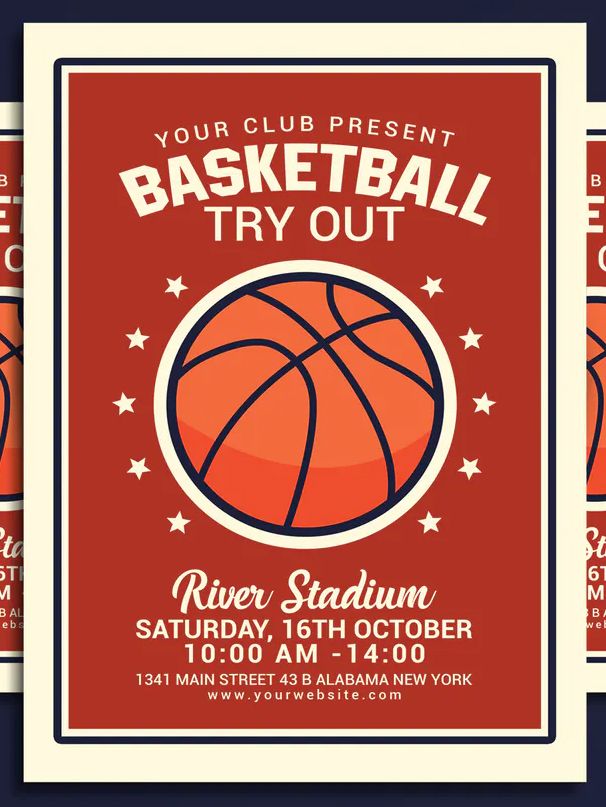
While it’s not productive to get caught up in comparing yourself to other potential players, you do need to be ready to compete hard.
The best way to compete is by simply doing YOUR best in every part of the tryout.
That’s all anyone can expect you to do!
If you play as hard as you can in every drill and scrimmage, you will put yourself in great position to not only make the team, but to excel and have a great season.
Conclusion:Coaches understand that the basketball tryouts process can be stressful for players.
Trust me, it can be stressful for us as well!
Coaches want to see players excel and show how they can help the team.
So relax!
Prepare yourself to the best of your ability, be confident, be a great teammate, focus, and do your best. If you do those things, you are bound to have a successful tryout.
Good luck!
8 Tryout Tips Guaranteed to Get You Noticed (And What To Avoid So You Don't Get Cut)
Do you know exactly what the coach is looking for in tryouts? Do you know everything you need to do?
You may think that you do, but its highly unlikely.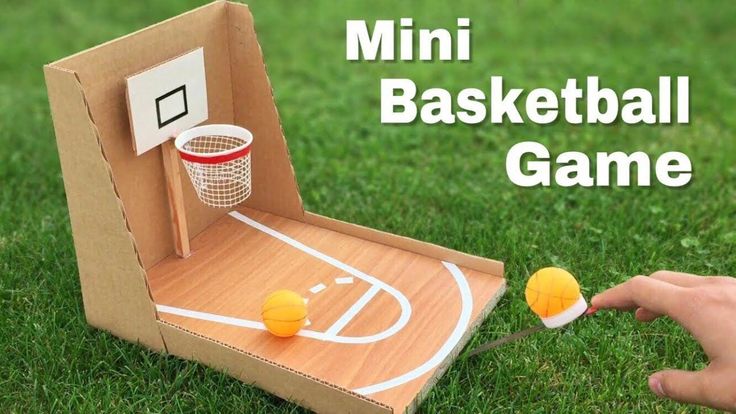
Actually, what you think would help with tryouts may be the exact reason you get cut from the team. Sad thing is that Ive seen players like you make these critical mistakes over and over and over again.
Ive been fortunate to conduct tryouts for youth clubs with over 400 kids. Ive also been part of high school varsity tryouts with 100 kids for a state championship caliber team at the high school level.
Im able to give you the critical tips that can help you make the team and avoid those mistakes that get you cut.
Like this article? Download it as a free PDF! (Download Now!)
1. Do what you do well.
One of the biggest mistakes you can make is trying to impress the coach by doing things that are outside your skill set. This often results in a disaster for you.
If you are a good rebounder, grab every rebound.
If you are a good shooter, shoot when you are open.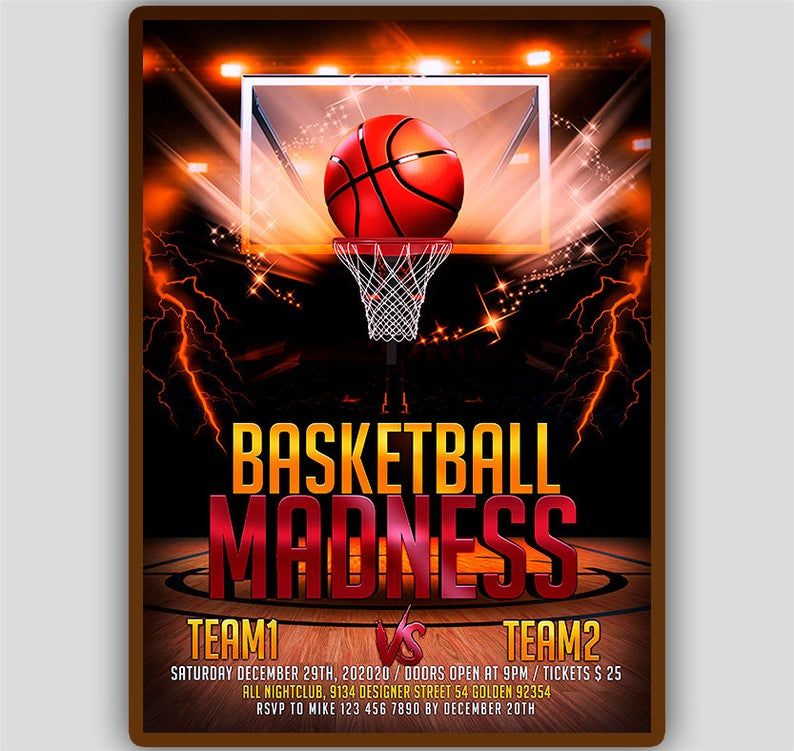
If you are a good finisher, attack the basket when a lane is open.
If you are a good ball handler, make the simple passes, the simple moves.
If you are not a good 3-point shooter, dont step out and shoot one during tryouts. Ive seen kids literally hit the side of the backboard trying to do this.
The coach will instantly think, Wow. This kid does not know a thing about shot selection. Maybe hes a low IQ kid.
Trust me... with the limited time that a coach can see you... this is not the impression you want to make. Even if you play great the rest of the time, the coach already has impression about you and thats hard to change.
Here is a good measure... can you make 7 out of 10 shots unguarded from a spot. Maybe 6 out of 10 for youth players. If not, dont take the shot at tryouts.
2. Hustle! Hustle! Hustle!
There is no excuse for any player on this one. You just have to commit and develop that mentality.
You just have to commit and develop that mentality.
When the ball is on the floor, dive on the floor. Box out on every shot. Sprint on the fast break. Sprint to spots on the floor on defense.
Communicate on defense and offense. Be loud and do it often.
These are things that every player can do and every player should do.
This is why you see players who arent skilled make the team. Theyre willing to do the little things that make teams good or great.
3. Dont be just one of the guys in the crowd - Make a great first impression.
Here is a great way to make a first impression.
When the coach calls everybody in at the beginning of the first tryout...
Instead of walking out there or jogging out there like every other kid.
Sprint! Sprint directly to the coach and stand right in front of him. Stand tall and keep eye contact on the coach during the entire talk.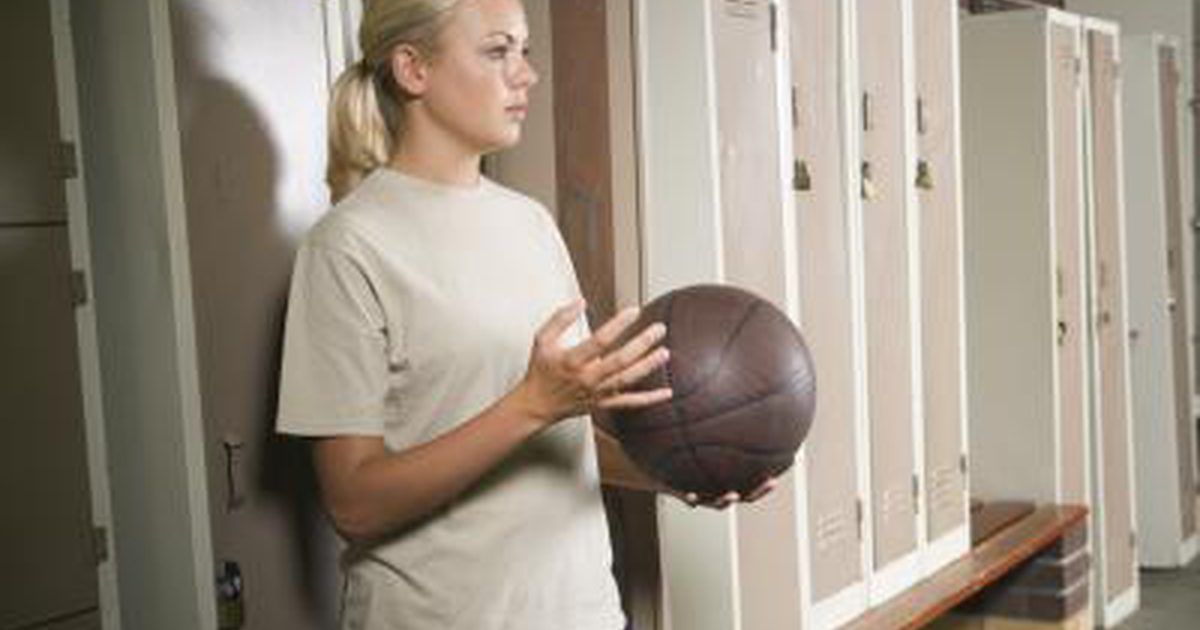
I guarantee youll have the coachs attention. Ive conducted tryouts. Ive been in rooms with coaches discussing who to cut. This makes a difference.
Your buddies may give you some crap, but youll be the one laughing when you make the team or get more playing time than them.
4. Avoid the amazing play mentality. Do something that makes you stand out in a positive way.
This is not what you think. This is not making an amazing play. Remember... do what you do well.
Flashy doesnt impress coaches. It may look cool on the playground, but thats why you dont see NBA guys doing streetball moves during games. Its flash. Its hype. Its not effective against good players.
You should do something with substance that coaches will notice in a positive way.
Earlier, I mentioned communicate on defense.
One time when I was conducting a tryout for 3rd to 8th graders, we were with the 4th grader session.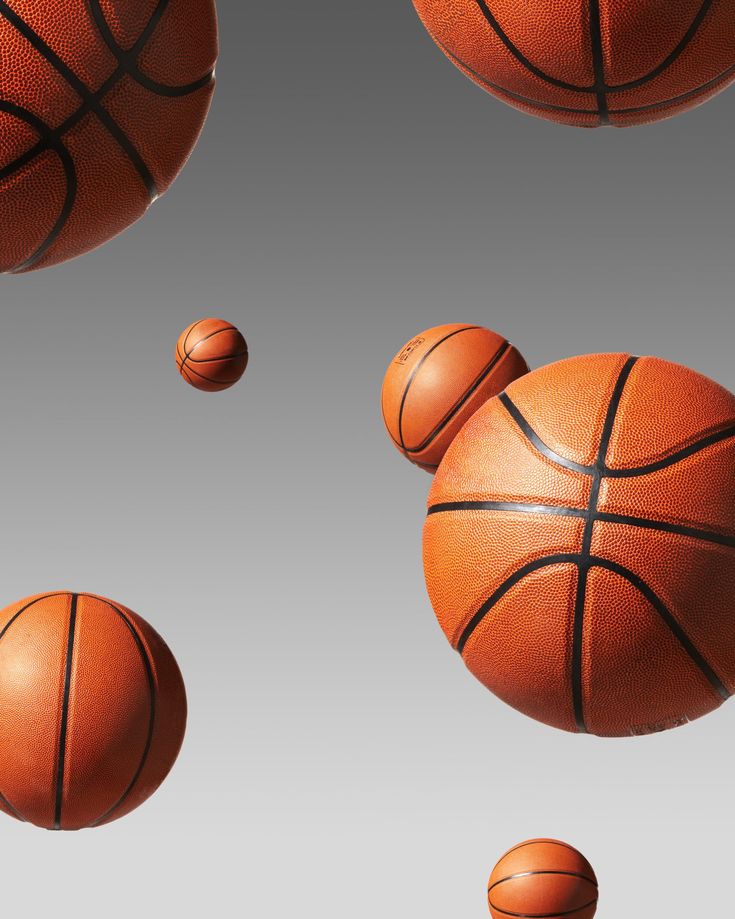
All of the sudden, across the gym, I hear a blaring yell Screen! Screen! Screen! It was from this little guy named Tommy.
Ten seconds later, I hear Tommy yell again, I got ball!
This continued the whole day. He communicated early. He communicated loud. He communicated often. (ELO Early Loud Often. Kevin Eastman would have been proud.)
There may have been 30 other kids communicating in the gym, but he is the only one I remembered. I didnt know him before the tryouts, but I sure know him now. Guess what... he made the first team.
5. Dont be shy Talk to the coaches before tryouts.
Too many make the big mistake of being too shy to talk to the coach. And this can make a huge difference with making the team.
Sometimes, this simple act will elevate you in the eyes of the coaches because they know that you care and youll do whatever it takes to help the team.
Be specific. Tell the coach that you really want to make the team. Ask them what they need on their team.
6. Be a great teammate Great attitude and sportsmanship
Every coach wants a player who is a great teammate and makes the players better around them.
You can do this by...
Being a great practice player and challenging your teammates during practice to make the team better.
By putting everybody in a better mood with your positive attitude. Lets face it... were all humans and its more enjoyable to have a little fun in life. Nobody wants to be around a person with a poor attitude.
Display great sportsmanship. When a coach sees you helping players off the floor and playing hard but clean basketball, they know that they can count on you not to lose your cool and hurt your team in a negative way at an important time.
7. Get there early / warm up properly.
Get there early / warm up properly.
Getting there early shows the coach that you care and that he can depend on you to show up on time to practices and games.
Also, make sure to warm up prior to playing, so you are playing your best as soon as the whistle blows. First impressions are very important.
8. Who cares if you screw up Next play!
If you make a mistake... oh well, it happens. Everybody makes mistakes.
Always go on to the next play.
The best players react in a positive way to those mistakes and dont let them snowball into a bunch of mistakes.
There are no guarantees in life. However, if you use the tips mentioned above, you will dramatically increase your chances to make the team and earning more playing time.
If you are serious about becoming a better player, we offer Basketball Camps throughout the country during the spring, summer, and fall.
To check out the different camps, Click Here.
Recommended DVDs & eBook:
|
|
The Attack & Counter Skill Development System
This eBook & DVDs will improve your shooting, ballhandling, footwork, perimeter moves, post moves, finishing, aggressiveness, quickness, confidence, mentality, and your all-around game!
Designed by NBA skills coach Don Kelbick, this unique and comprehensive system is incredibly simple when compared to other skill development programs. Yet it works with NBA and pro players at the highest level... (more info)
|
What do you think? Let us know by leaving your comments, suggestions, and questions...
The doctor revealed all the ins and outs of the doping test of Kamila Valieva
Olga Libgardt
09.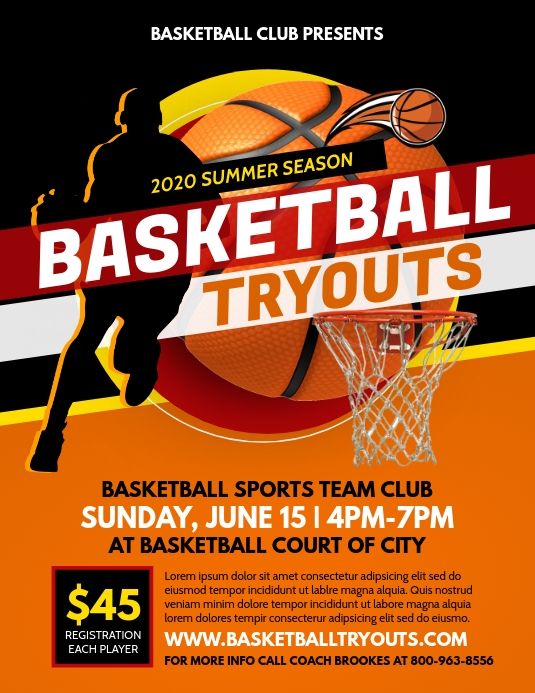 02.2022
02.2022
The specialist explained why the doping test of the Olympic champion became known only now
Kamila Valieva was at the center of the doping scandal in Beijing 2022. Photo: Reuters
The scandal with the doping test of figure skater Kamila Valieva is gaining momentum. The most common question is why the results of her doping test were made public only now. Is there any provocation and other dirty insinuations here. Sports doctor Valentin Belyaevsky revealed all the ins and outs with the analyzes of the athlete.
If the sample was handed over in December, and it became known about it only now, this may be due to the properties of the drug, sports doctor Valentin Belyaevsky assured. “Metabolites have different detection times. And fences are different. Urine could have been taken in December, sample A was looked at immediately, and sample B - now. As an option, ”specializes sports.ru.
According to him, the B sample can be looked at in a month or two. “If the A sample was positive, then we had to look at the B sample. Now it has been made public. I know from my own experience that the Anti-Doping Committee, which takes samples in the country, does not always publish information. The athlete will know about it right away… The athlete will know about a positive test in 10-14 days,” the doctor assured.
“If the A sample was positive, then we had to look at the B sample. Now it has been made public. I know from my own experience that the Anti-Doping Committee, which takes samples in the country, does not always publish information. The athlete will know about it right away… The athlete will know about a positive test in 10-14 days,” the doctor assured.
Can Kamila Valieva and other Russian skaters miss the gold medal? Photo: Reuters
After that, the proceedings begin. The athlete is always given time to provide an explanation.
Belyaevsky also spoke about what “microdose found in the athlete’s analyzes” means. “The substance, most likely, was used a long time ago, and a sufficiently long period for withdrawal has passed. The metabolites of a substance are detected, not the substance itself. So, a long period could pass - in fact, this is why a small dose, ”he assured.
Russian figure skater Valieva suspected of doping What's happening? Information updated
The doctor called the use of the drug "a little bit" absurd.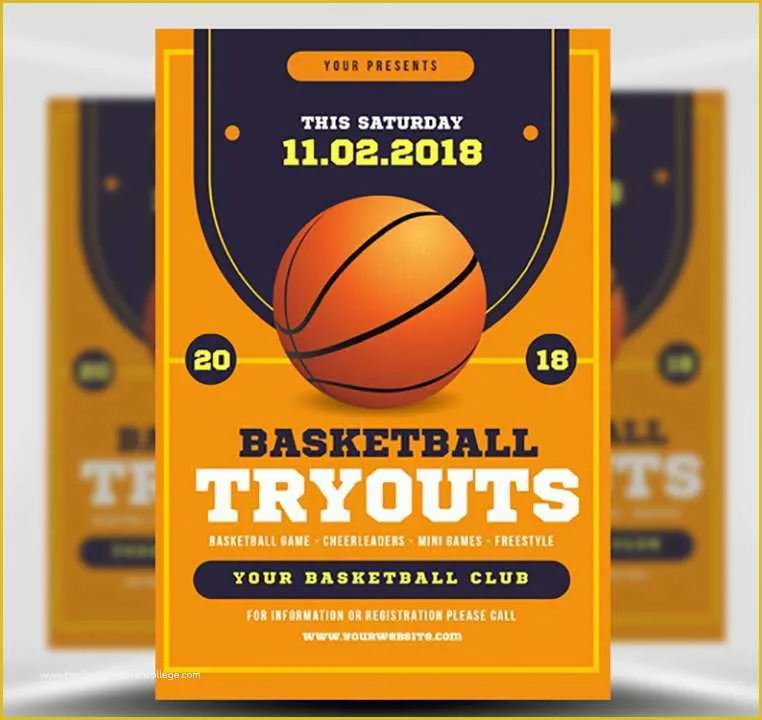 “Just to get dirty? Imagine that you have doping and you need, for example, 100 mg of it to use - and they will bring results. And you think: I will take 10 mg or 1 mg. In the end, this will not bring a result, but it will give a positive test - what's the point? Don't win and get dirty. No, there is always a reception either in the dose that is needed, or not used at all, ”said Belyaevsky.
“Just to get dirty? Imagine that you have doping and you need, for example, 100 mg of it to use - and they will bring results. And you think: I will take 10 mg or 1 mg. In the end, this will not bring a result, but it will give a positive test - what's the point? Don't win and get dirty. No, there is always a reception either in the dose that is needed, or not used at all, ”said Belyaevsky.
He also spoke about the drug trimetazidine, which was allegedly found in the doping test of the Russian figure skater Kamila Valieva. “It has been banned for a long time, even before the well-known mildronate. Mildronate has been hyped because it is produced in Russia, while trimetazidine is produced in France. This drug increases metabolic energy processes inside the cell ... In fact, as a dope, it is doubtful. It's just that there is doping, which directly affects the sports result. And there is the so-called pharmacy doping - it got into the list of prohibited drugs, it is not clear by what criteria, they will be pulled right by the ears. This is from the same series as mildronat, ”the doctor said.
This is from the same series as mildronat, ”the doctor said.
What awaits Kamil Valiyeva will become clear in the near future. Photo: Global Look Press
He suggested how the drug could get into the athlete's body. “A cardiologist with an in-depth medical examination finds, for example, sports bradycardia. All athletes have it - this is, in fact, a low pulse. Frightened by a low pulse, he prescribes cardioprotectors - just in case. It can be said that this is a vitamin for the heart. But he's on the banned list, he's being caught. To say that someone specifically uses it to improve results, well, no ... I do not believe that someone came up with such a scheme. 100%, it does not improve the result. Most likely, this is an accident, stupidity, ignorance by the athlete and his entourage of the anti-doping rules, ”summed up Belyaevsky.
Subscribe to us in Zen!
Share
"We were given 15 tablets." One of the latest cases of doping with a Russian athlete.
In this winter window in Russia, there was one transfer that journalists and fans did not pay much attention to. Fighting for access to the RPL Orenburg signed Vladimir Obukhov . Meanwhile, we are talking about a player who has not entered the field since May last year - FIFA slapped the striker with a suspension for doping.
Fighting for access to the RPL Orenburg signed Vladimir Obukhov . Meanwhile, we are talking about a player who has not entered the field since May last year - FIFA slapped the striker with a suspension for doping.
Where did Vladimir Obukhov get caught?
Obukhov is a graduate of Spartak. He went through the youth and youth teams of Russia, and in 2011 the then head coach of the red and white Valery Karpin began to involve a promising striker in training at the base. In Spartak, Vladimir made his professional debut, and in February 2013 he was loaned to Torpedo. That's where everything happened.
Obukhov played for Torpedo for six months. He played 10 matches in the FNL, in which he scored only one assist. In the same period, he was called up to the Russian youth team, for example, in March of that year he scored a goal against Andorra in the Euro 2013 qualifying round meeting. But the striker did not go to the European Championship itself. Obviously, because of a hidden doping test.
“I received a notification from FIFA about my doping test taken in March 2013,” Obukhov himself said last year. - At that time, I played on loan for Torpedo, and the sample was taken at the location of the Russian youth team. The letter says that my sample gave a positive result, but was allegedly destroyed in the Moscow Anti-Doping Laboratory.
Former Spartak doctor: If Obukhov was intimidated, he should have refused the injection
The news from FIFA was a big shock for me. Neither then, in 2013, nor later did I hear anything about the positive result of my test, and even more so did not ask anyone to carry out any manipulations. The fact that we had two players from Torpedo, both of us had a positive doping test, and both of them had the same banned substance, of course, suggests certain thoughts ...
The methods of work of the medical headquarters of "Torpedo" even then raised questions in me. 20 hours before the game, we were given 4 injections and about 15 tablets. But I was a young football player - I didn’t understand a lot. And in general, I did not have the opportunity to express my opinion, since in the contract each player has a clause on the implementation of all instructions of the chief doctor and medical staff. I could not object, as I would have violated the rules of the contract” (in an interview for Championat.com and Eurostavka).
But I was a young football player - I didn’t understand a lot. And in general, I did not have the opportunity to express my opinion, since in the contract each player has a clause on the implementation of all instructions of the chief doctor and medical staff. I could not object, as I would have violated the rules of the contract” (in an interview for Championat.com and Eurostavka).
What got Vladimir Obukhov
In July 2021, FIFA announced the disqualification of three Russian players for doping. Obukhov was "banned" for six months, and defender Ivan Knyazev (the same ex-torpedo player from the youth team) and the representative of women's football Daria Meshcheryakova - for two years.
FIFA reported that doping tests of athletes made in 2013 were studied in a Moscow laboratory and registered as “negative” in the WADA anti-doping administration and management system. But a subsequent investigation by the International Football Federation, in conjunction with WADA, resulted in evidence of the use of banned substances.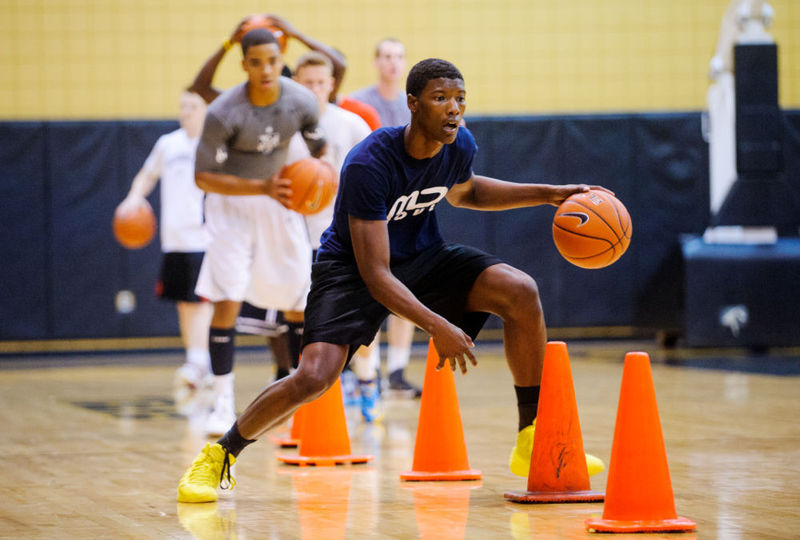 Methandienone was found in Obukhov and Knyazev, and furosemide was found in Meshcheryakova. Why was Vladimir disqualified for a shorter period? Just because he acknowledged the violation and cooperated with the investigation.
Methandienone was found in Obukhov and Knyazev, and furosemide was found in Meshcheryakova. Why was Vladimir disqualified for a shorter period? Just because he acknowledged the violation and cooperated with the investigation.
Who suffered along with Obukhov
Meanwhile, back in 2016, Richard McLaren , head of the WADA commission investigating allegations of doping fraud at the Sochi 2014 Olympics, named 11 Russian players who were suspected of doping in his report. Knyazev was on the list, as well as Ruslan Kambolov, Pavel Solomatin, Sergey Yevtushenko, Yegor Generalov, Sergey Petrov, Ilya Zuev, Mikhail Mishchenko, Yegor Nikulin, Kamila Alekseeva and Ekaterina Maslak .
And in January 2018, it was reported that the RFU received a letter from FIFA, in which the names of 11 players were named, whose tryout dates were of interest to the organization: Obukhov, Meshcheryakova, Roman Shishkin, Sergey Ignashevich, Vladimir Gabulov, Mario Fernandez, Sergey Chepchugov, Olesya Mashina, Blagoy Georgiev, Keisuke Honda and Petr Nemov .